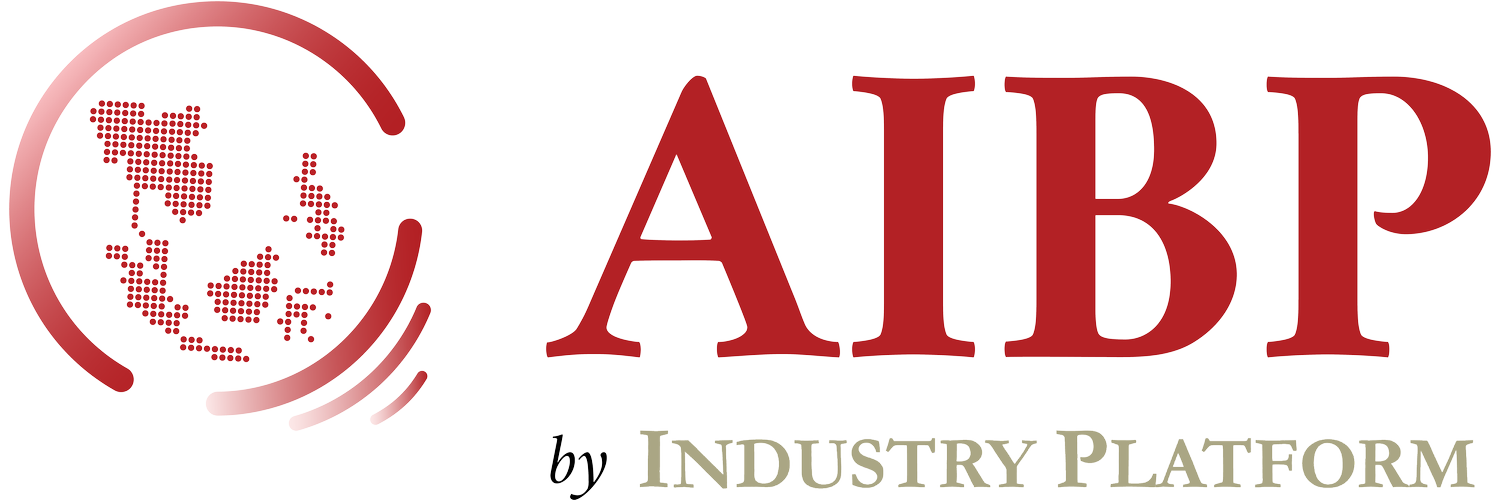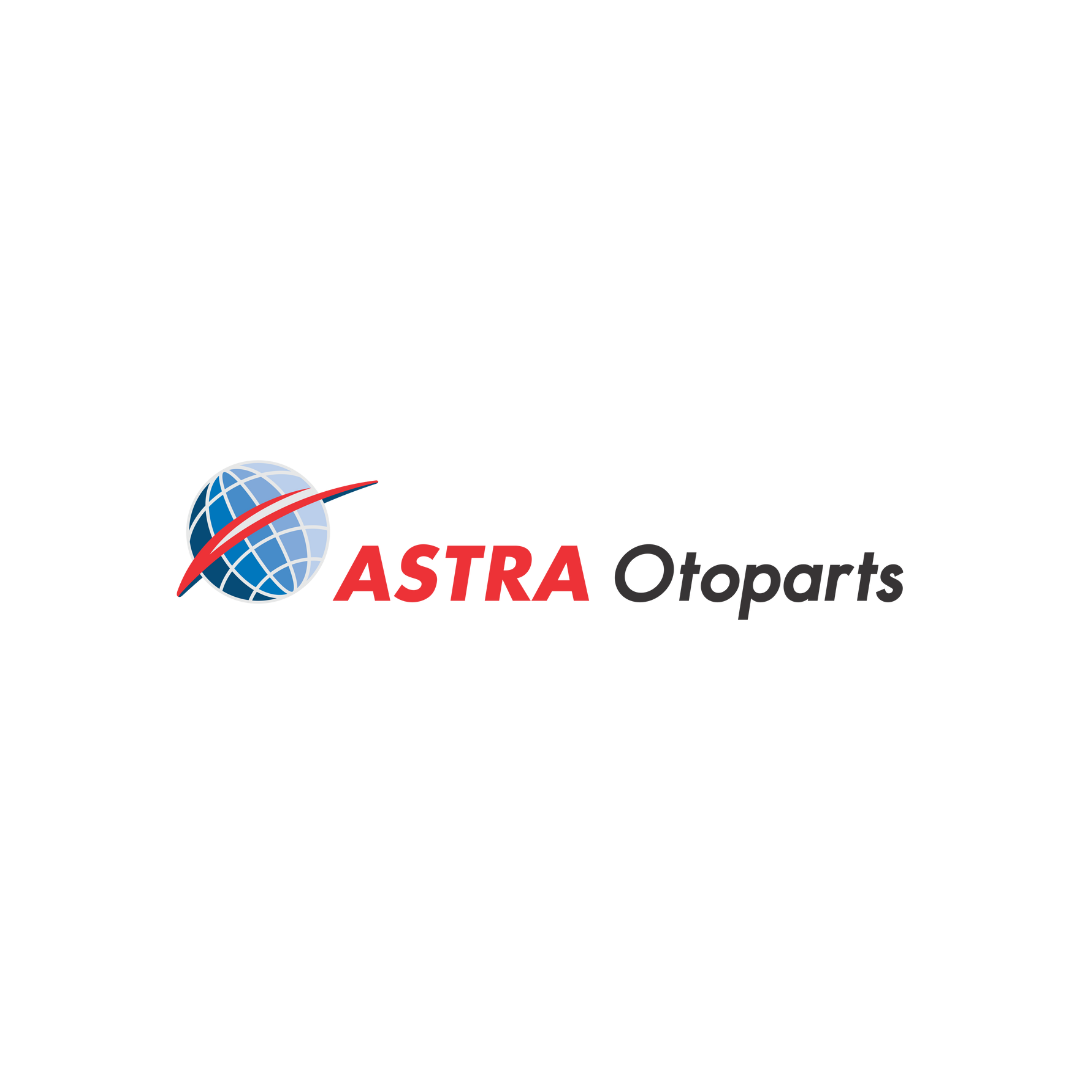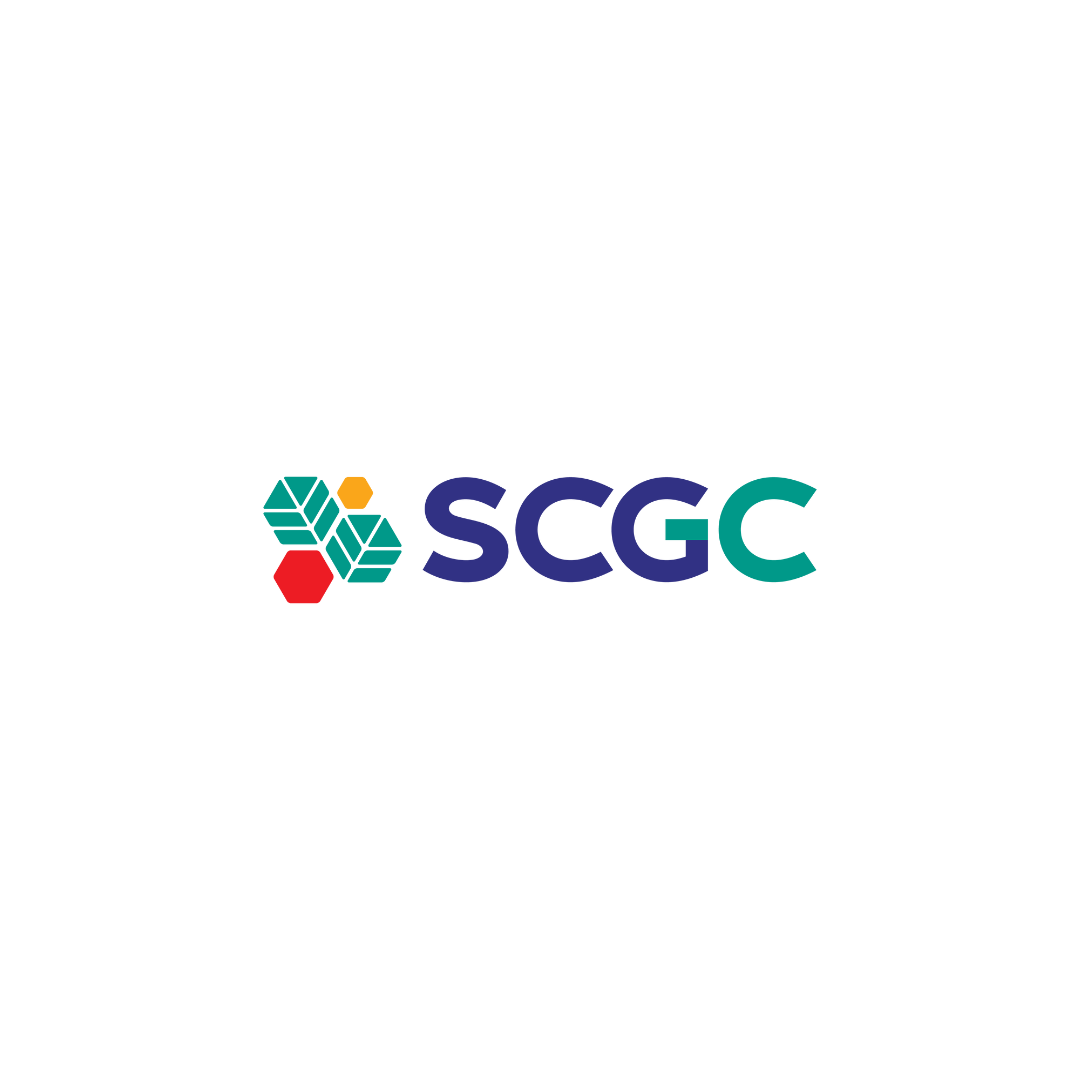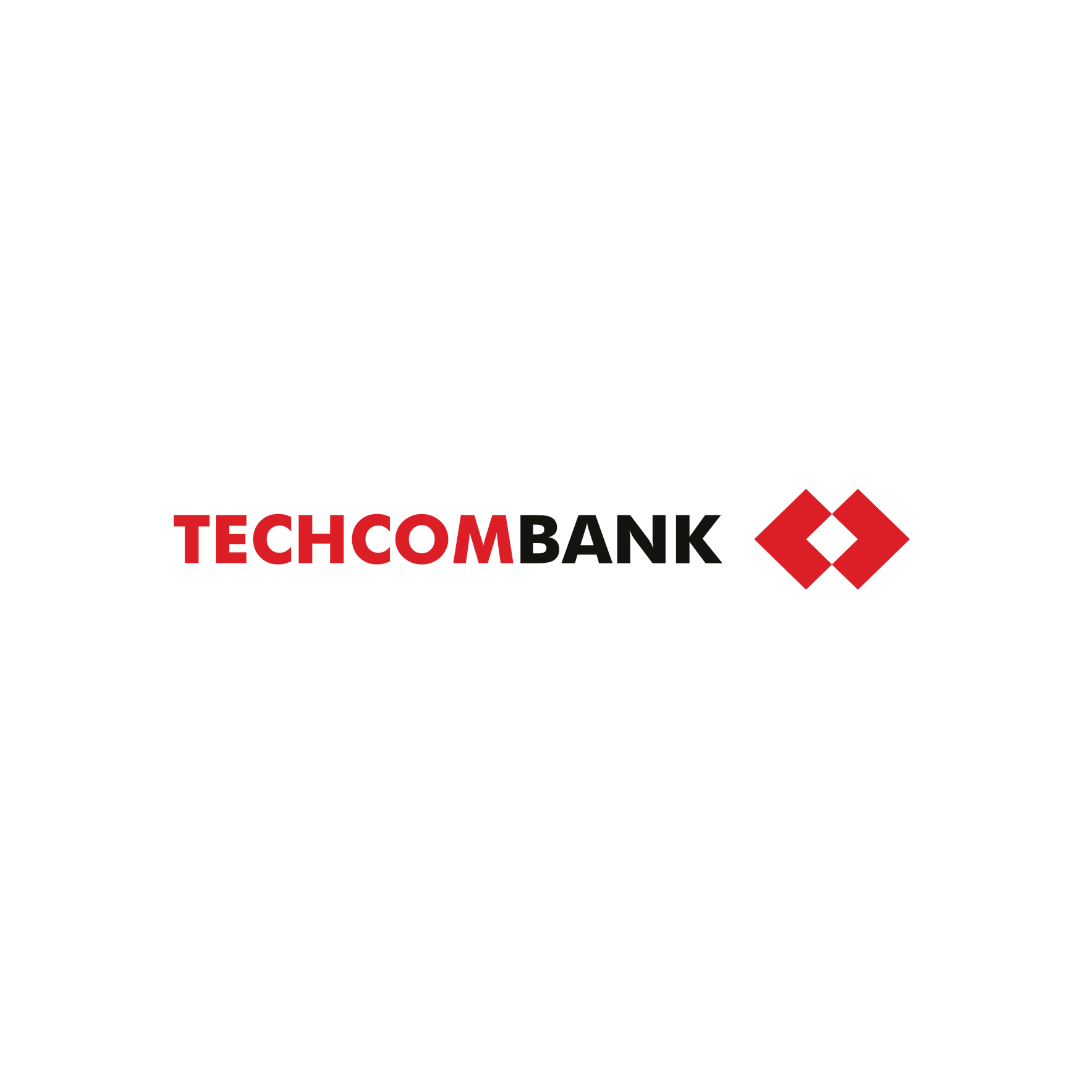Growth Thru Digitalisation & Excellence
Astra Otoparts digital transformation initiatives seek to improve its Quality, Cost, Delivery (QCD) levels for long term sustainability
Project Summary
PT Astra Otoparts Tbk is a company engaged in the production of automotive spare part is listed on the Indonesia Stock exchange with a market capitalisation of US $370 million (IDR 5.83 trillion) and a subsidiary of Astra International (US $17.36 billion), one of Indonesia’s largest diversified conglomerates.
The Astra Otoparts group consists of manufacturing and trading businesses. The project implementation comes from the manufacturing subsidiary, PT Akebono Brake Astra Indonesia, which produces brake components such as brake pads, and implemented a project to improve the inspection process. The project includes automation in its quality check test coupled with implementation of artificial intelligence. The production of critical equipment requires a good quality control system, hence the quality check test was extremely important.. The initiative implemented resulted in improvement in inspection speed inspection, without compromise on quality.
The group also has a trading division to distribute, promote and sell its products. The trading division implements digitalization along the customer journey, starting from discovery, ordering, payment up to delivery and customer engagement. Digitalization projects including sales force automation, implementing payment gateway, digital transaction supported by warehouse management system, as well as online stores (astraotoshop.com). These initiatives increase the Gross Merchandise Value (GMV) both for B2B and B2C transactions. The application of digital payments have also helped in reducing days in accounts receivables.
Astra Otoparts initiatives so far have been to modernise the current business and elevate their current state to achieve higher Quality, Cost, Delivery (QCD) level for competitiveness. Next in the works is for the group to create new revenue streams through digital transformation efforts for future growth.
A Fully-Vaccinated Indonesia through Integrated Information System Platform
Telkom Indonesia’s SDVC project aims to become a healthcare information exchange to improve healthcare service delivery in Indonesia.
Project Summary
Telkom Indonesia is one of the world’s oldest telecommunication companies with its original founding dated back to 1856. It was listed on the Indonesia Stock Exchange in 1995 and has a market capitalisation of US $27.8 billion (IDR 434.88 trillion). The government of Indonesia owns over half of Telkom’s shares.
The Satu Data Vaksinasi (SDVC) is an integrated information system used to support the Government of Indonesia for preparation, implementation, reporting, monitoring and evaluating COVID-19 Vaccination Program in Indonesia. Through this platform, the Indonesian government can carry out vaccination targets to achieve herd immunity (> 70% people vaccinated), based on its category prioritisation and vaccine availability.
The SDVC organised the system in a seamless manner that incorporated key features such as data integration, managing priority recipients, bulk and self-registration system, mapping of vaccine supply and distribution, and finally the monitoring of the vaccination results.
Through the systematic approach employed by the SDVC, complicated processes like validating vaccine recipients, determining the schedule according to vaccine availability and target prioritisation, as well as the monitoring of vaccines (delivered, used, wasted, and stocked) in every healthcare facility, became possible for Indonesia. By January 2022, the achievement of Covid-19 vaccination in Indonesia had reached more than 280 million doses.
Future plans for the SDVC include an upgrade to become the platform for developing the government’s “One Health Data for Indonesia” spearheaded by the country’s Ministry of Health. The platform would become a health information exchange to record electronic medical records and other healthcare data records including data in the pharmaceutical ecosystem so that health services in Indonesia can be improved significantly.
Maybank Home2u: Your solution to faster and simpler home financing
Maybank Home2u is a one-stop solution for property purchasing, enabling consumers to browse, search & filter for properties nationwide in Malaysia, view pertinent information and purchase directly from the developer itself.
Project Summary
Founded in 1960, Malayan Banking Berhad (Maybank) is Malaysia’s largest financial institution by market capitalisation of US$ 22.06B (MYR 104.63B) and total revenue at US$ 4.70B in 2021 (MYR 22.25B). The desire to serve their customers better led Maybank to be the first in Malaysia to introduce online banking some 20 years ago. They now employ more than 42,000 across 18 countries.
Maybank Home2u is a one-stop solution for property purchasing. This platform was created with the thought of identifying and getting rid of the gaps in customer experience for property purchase and it enables consumers to browse, search & filter for properties nationwide in Malaysia, view pertinent information and purchase directly from the developer itself.
Approval within 10 seconds for customers with their salary being deposited into Maybank, with Letter of Offer ready within 1 hour in the same day, where normal process could take up to 1-2 weeks, to within 1 hour for qualified customers. Most importantly, there is a feature to track application status at every stage of the journey, and a dedicated consultant by the consumer’s side with every application, allowing the consumer to chat with the consultant within the app itself, anytime, anywhere.
Prior to Home2u, no banks in Malaysia were able to provide a fully digital experience from browsing for properties up to home financing approval - Maybank is hailed as the first with an in-house development team building the end-to-end solution.
In the future, Maybank Home2u will continue to improve to expand offerings beyond Home financing for the Primary Market to the Secondary Market, and close more gaps within the property ecosystem.
Leveraging AI to Deliver Exceptional Theme Park Guest Experience
Genting Malaysia Berhad leveraged AI to develop a Virtual Queue solution on the SkyWorlds Mobile App to eliminate physical queues for guests and to improve crowd distribution control and ride capacity optimisation for theme park operators.
Project Summary
Genting Malaysia Berhad was founded in 1980 and they are principally involved in the leisure and hospitality business covering theme parks, gaming, hotels, seaside resorts and entertainment. Genting Malaysia’s shares have been traded on the Main Market of Bursa Malaysia since its listing on 22 December 1989, with current market capitalisation of US$ 3.36B (MYR 15.91B) and 2021 revenue amounting to US$ 880M (MYR 4.16B). They currently employ approximately 14,050 employees.
With majority of the Theme Park guests spending significant time queueing before they can enjoy most rides, the focus has been to shorten their guests’ queue time and maximise their visit at the park with Virtual Queue Reservation and Itinerary Planner from Genting SkyWorlds Mobile App. Guests are able to make reservations for selected attractions and experiences prior to and during their Genting SkyWorlds visit.
A Virtual Queue (VQ) solution that leverages on Artificial Intelligence (AI) capabilities was developed. Based on five algorithm modules, it has enabled the team with a more efficient crowd management system while dynamically reducing wait time for popular rides, as well as influencing guest behaviour using gamification and incentive recommendation to diversify the crowd to other attractions.
Genting SkyWorlds Theme Park Operators now have better crowd distribution control and ride capacity optimisation and guests no longer need to physically be in queues. As the region’s first AI powered VQ solution, there is huge potential for expanding this solution to other amusement parks.
The One-Tap Shop for All Your Favorite Brands
SM Malls Online seeks to grow the app to be essential to the typical Filipino’s daily life, catering to their usual needs, serving the malls’ surrounding communities.
Project Summary
SM Supermalls is owned by SM Prime, a chain of shopping malls in the Philippines with an estimated market capitalisation of US$15.8 Billion. (PHP 931.36 Billion). SM Supermalls has 81 malls located across the Philippines and has 7 malls in China including the world’s 2nd largest mall by gross leasable area, the SM Tianjin.
SM Malls online is the online shopping app of SM Supermalls. This was driven by numerous factors including changing customer shopping habits and expectations and the availability of new technology. SM also wanted to help over 15,000+ MSME tenants who were reeling from the effects of the pandemic, and at the same time cater to the shoppers at home.
The virtual mall app features were meticulously planned to give users a simple, seamless shopping experience even for those who are not tech-savvy. The app was made to be consumer-centric, focusing on serving SM communities by providing them with the experience of a geo-located digital “community” mall.
By creating an e-commerce platform for SM’s many affiliate brands and MSME tenant partners, SM created a seamless end-to-end purchase process that drives online sales as well as providing an alternative way for shoppers to experience SM shopping and dining. The app also empowers shoppers with the choice of having their items delivered to their home or office, or they can choose to pick up their orders from their nearest SM mall.
Long-term, SM Malls Online will evolve into an app that is essential to the typical Filipino’s daily life, catering to their usual needs. The app plays a significant role in SM’s future, setting its sights on the forefront of the e-commerce environment by becoming the biggest hyperlocal fulfillment app, backed by SM Supermalls’ on-ground footprint and its mission of serving its surrounding communities.
Unlocking #OneAboitiz Ecosystem through Parlay Data Exchange Platform
Aboitiz Equity Ventures is unlocking value in its stakeholder ecosystems through operationalisng of data science and artificial intelligence.
Project Summary
Aboitiz Equity Ventures (AEV) is a publicly listed holding company founded in 1989 under Aboitiz & Company with operating segments in the Power, Banking & Financial Services, Food, Infrastructure, Land, in the Philippines. Its market capitalisation currently stands at US$ 5.5 billion (PHP 324.49 billion).
Aboitiz is undertaking a ‘Great Transformation’, a bold corporate move putting innovation at the forefront of its growth strategy to becoming the Philippines’ first ‘techglomerate’. One of the key initiatives is in operationalizing Data Science and Artificial Intelligence (DSAI), through the creation of Aboitiz Data Innovation (ADI), the Group’s DSAI arm.
One of the key strategic initiatives for its stakeholders is in unlocking its ecosystems. To set this in motion, the Group launched Parlay, a data exchange platform powered by ADI. Parlay aims to unlock ecosystems by allowing the exchange of data and insights. Through its DSAI solutions, including Parlay, ADI was able to forge synergies among business units managed by the Aboitiz Group and Aboitiz-led companies such as Union Bank of the Philippines, AboitizPower, AboitizLand, Pilmico, Aboitiz InfraCapital, Republic Cement.
Parlay was utilized to explore around 20 projects across industries spanning from market price forecasting and collection intelligence in power to helping tackle food sustainability, increasing employee engagement, incentivizing employee’s sustainability efforts, and unlocking the mass market, among other
Going forward, Aboitiz Group aims to extend Parlay to external organizations—including other businesses, governments, key strategic partners—as part of the second phase. Through Parlay, organizations will have unparalleled access to data sets from some of the region’s largest corporations and relevant government offices to inspire possibilities for creating new opportunities or tackling business and ESG challenges.
Paotang Mobile Application - Equitable Access to Financial Products
Krungthai Bank is enabling financial inclusion through the Paotang application, making activities essential to citizen’s life available at their fingertips.
Project Summary
Founded in 1966, Krungthai Bank was the first state enterprise to list its shares on the Thailand Stock Exchange. has a market capitalisation of US$ 6.28 billion (THB 240.39 billion). Krungthai bank’s majority shareholder is the Ministry of Finance.
Krungthai had to undergo transformation to stay relevant in the highly competitive landscape. The bank adopted the 2-banking model strategy, consisting of traditional banking units, safeguarding the core businesses against disruption with the help of digititalization. The other model consists of the Bank’s digital organizations, explores new business opportunities, both from creating new business models and forming partnerships.
These initiatives resulted in the creation of the Paotang mobile application, which is now considered Thailand’s biggest open digital platform with 40 million users and counting. Due to its open platform nature, everyone, including non-Krungthai customers, can use Paotang. Some examples of the major additions to Paotang in the past 12 months are the blockchain-based digital bond and gold trading platforms. This is part of the effort to democratize investment in bonds and gold, which contributes to the development of the country’s digital economy, leading to better financial inclusion.
New products and services will continue to be added to Paotang in order to make it a true super app that makes activities that are essential to people’s life available at their fingertips, thus making their life easier and better. Besides the area of investment, Paotang also offers other banking, and beyond-banking, products and services including those related to health and lifestyle.
Always Optimization: Unified Solution for Asset Operation and Optimization
SCG Chemicals is building an eco-system for business optimization and improve competitiveness as it strives towards carbon neutrality in 2050.
Project Summary
Founded in 1983, SCG Chemicals, or SCGC, is a leading integrated chemical player in ASEAN. In 2021, SCGC contributed to 45% of the Siam Cement Group’s revenue, the oldest Cement Company in Thailand and ASEAN. The Siam Cement Group is listed on the Thailand Stock Exchange with market capitalisation standing at US$ 10.07 Billion (THB 385.2 Billion).
Being an integrated chemical player, SCGC seeks to strengthen internal organization by implementing digital technologies, focusing on all dimensions (People, Process, Technology).
Project “Always Optimization” looks at building a whole new eco-system for business optimization. There is a focus on solving misalignment between systems, to enable optimization. This started from redesigning all components to work on a common source of knowledge, to let all modules communicate in the same language The team also created“Self-adaptive” features and improved engineering knowledge from AI and Data-Driven coding to develop good baseline and bring back when the model expires from any upset.
Apart from technology, SCGC also extracted best practices of operation, standardized and turned them into automation. i.e., best manufacturing control practice in APC, Robotic Process Automation (RPA), smart E-form for operation routine. In addition, numerous internal training sessions were conducted over the past year, before the entire model was fully implemented, aiming to make all users familiar and able to use it with ease.
Going forward, SCGC seeks to develop further in the areas of sustainability and reliability, applying optimization not only profit yields but also extend the asset life cycle and reduce carbon emission. This is in line with SCGC's commitment to reach the carbon neutral target by 2050.
Cloud First Strategy in Improving Financial Decision-Making
Vietnam Technological and Commercial Joint Stock Bank (Techcombank) launched a new digital branch platform compatible on mobile devices to streamline and simplify the process of banking, using a cloud-first strategy that helps to maximize customer satisfaction.
Project Summary
Vietnam Technological and Commercial Joint Stock Bank (Techcombank) is a leading bank in Vietnam that champions customer-centricity and aims to do so by providing an innovative and diverse range of customer-centric financial products and services. Founded in 1993, Techcombank has now become one of the top financial institutions in Vietnam, amassing a market cap of approximately 75 billion VND, which is equivalent to approximately more than USD3 million. Currently, Techcombank has more than 12000 employees spanning across its 315 branches throughout Vietnam.
To digitally transform the traditional banking process in Vietnam, Techcombank has introduced a new iDO digital branch platform compatible on multiple devices (computer, tablet), which enables branch staff to open a new customer account bundle: account (current account, lucky account number), cards (debit & credit) and e-bank on tablet devices through a 100% paperless process. Leveraging on the power of the improved cloud-based strategy that allows more data and system storage, the new technologies are embedded on iDO to bring customers new experience, including the OCR to automatically extract personal information from customer's national ID card, the e-signature on the table screen instead of the wet signature, the e-contract. This helps digitalising the process and saving time for consumers, bringing about a more seamless online customer experience.
In addition, through the digital application, customers can be approved for a new credit card for instant use and even apply for a new mortgage and be given a credit score. These features make Techcombank the first and only bank in Vietnam to offer these services through a digital app, hence reducing customers’ time and effort in having to go to a physical bank to perform these services and improving customer satisfaction.
Harnessing the Strength of Business Automation Tools in EVNHCMC’s Smart Grid Journey
As a leading utility provider in Vietnam, EVN Ho Chi Minh City has continued to implement digital transformation across 7 key indices in their Smart Grid Development Road Map, such as the implementation of business automation tools like Artificial Intelligence (AI) to ensure better monitoring and control of electricity supply and improve cyber-resiliency.
Project Summary
Ho Chi Minh City Power Corporation (EVNHCMC) is one of the 5 Power Distribution Corporations under the Vietnam Power Corporation (EVN), whose main task is to distribute electricity in Ho Chi Minh City. Commencing operation in 1976, EVNHCMC’s key functions lie on management, distribution, business, renovation and development of the power grid system in Ho Chi Minh City. With an employee count of more than 6500, EVNHCMC recorded a revenue of US$ 10 million (VND 265 million VND) during the first half of 2022.
As a part of the company’s Smart Grid Development Road Map, EVNHCMC has been continuing to expand and digitally transform their 7 key indices in the road map. This include, but not limited to, utilizing data analytics to monitor, automate control center, and enhance electricity supply reliability, as well as implementation of DER integration to further optimize electricity production. For instance, EVNHCMC has leveraged the power of artificial intelligence (AI) to automate electricity control center and therefore, shorten the monitoring process and improving monitoring and automation efficiency.
In addition, the road map also includes digitalization efforts to further expand green energy goals, such as installing more solar rooftops and more EV charging stations, and strengthen the current IT cybersecurity network system to enhance cyber-resiliency. For example, new implementations under EVNHCMC’s IT network system include new generation firewall (NGFW), web application firewall (WAF), anti-denial of service (DDoS), and anti-targeted attack efforts.











